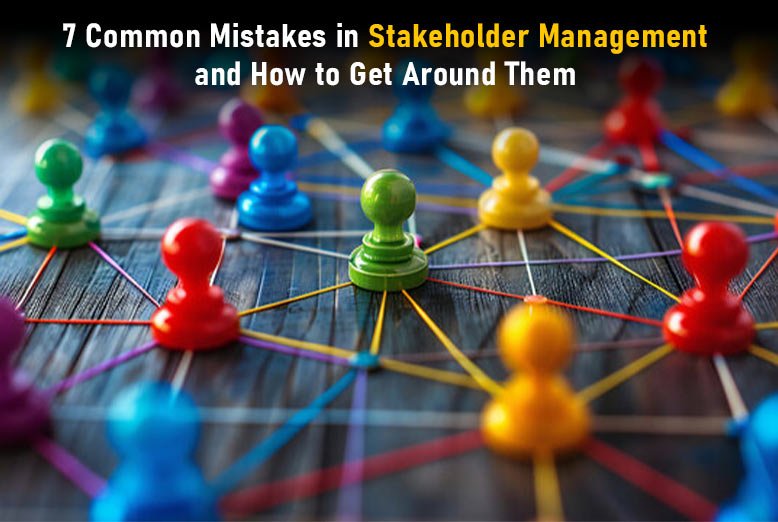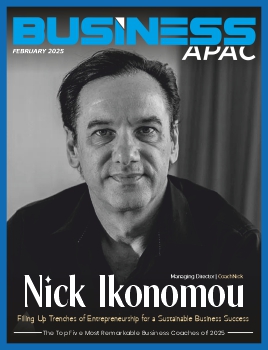Stakeholder management is part of the foundation upon which projects succeed. The exercise, however, is not easy to perform as it has a number of landmines. This can be avoided for having successful relationships and achieving goals.
Not Identifying Stakeholders
One of the most common and earliest major mistakes is not being able to identify all key stakeholders. Most managers look only at the most obvious parties: direct members in their teams or executives, while completely bypassing others who, though tangential, may hold an important influence. An example would be regulatory bodies, community groups, or even end-users having a significant impact on the project. A comprehensive stakeholder analysis right from the start of the project ensures that no one who is necessary for your success is missed.
Inconsistent Communication
The inability or inconsistency in communication alienates stakeholders and can cause misunderstandings to arise. Stakeholders who are not kept up to date may feel unimportant or question the direction of the project. Establish clear lines of communication and a schedule for routine updates. Stakeholder management software can make this easier by keeping everyone informed at all times with information relevant to them.
Disregarding Stakeholder Expectations
Stakeholders’ expectations are usually quite varied, and not infrequently divergent. An important stakeholder whose expectations are ignored could become dissatisfied or disengage from the project. Understand what each stakeholder values the most, alongside aligning their expectations to match project goals. Revisiting expectations within a project keeps them fresh as changes or new concerns may pop up. Trust grows accordingly, with friction reduced to a minimum.
Overpromising and Under Delivering
A frequent but debilitating error is overpromising on what can be delivered. In simple terms, setting high expectations with plenty of fanfare, but inevitably failing to deliver on promises made, destroys credibility and trust. Therefore, establishing realistic, achievable goals right from the start and being open about limitations sets proper expectations. This honesty in expectations manages stakeholder confidence even if challenges arise.
Resistance to Feedback
Stakeholders provide a perspective that can be highly valued, yet sometimes managers perceive feedback as criticism and do not want to change. Ignoring stakeholder feedback will damage the working relationship, but worse than that, it lessens the overall quality of the project. Establish an open culture where feedback is pursued and the ability to change is embraced. This provides an atmosphere of respect for the professional opinions of stakeholders and solidifies their loyalty to the project.
Not Monitoring Stakeholder Involvement
Stakeholders’ priorities and their levels of engagement may change over time. Unfortunately, a lot of managers do not monitor such shifts. This may lead to a decrease in interest or even resistance if the stakeholders feel disconnected or left out of a project. Use tools like stakeholder engagement surveys or periodic check-ins to assess involvement and address any issues before they escalate.
Ignoring Conflict Management
Conflicts among stakeholders are inevitable, but some managers avoid them, hoping that they will resolve themselves. Such inaction can escalate tensions and disrupt the project. A proactive approach to conflict resolution involves uncovering the root issues, fostering open dialogue, and seeking compromises that align with shared goals. Early intervention prevents small disputes from becoming major roadblocks.
Effective stakeholder management calls for a strategic approach, attention to the smallest detail, and a firm commitment to nurturing positive relationships. You can avoid common pitfalls and ensure project success by understanding the key players, ensuring timely and effective communication, expectations management, and conflict resolution. Keep in mind that stakeholder engagement is never one event but a process evolving over time with the project. Thus, stay proactive, adaptable, and open to feedback as this can help you build trust and achieve your objectives.
Also Read: An Essential Stakeholder For A Sustainable Environment And Economy




















